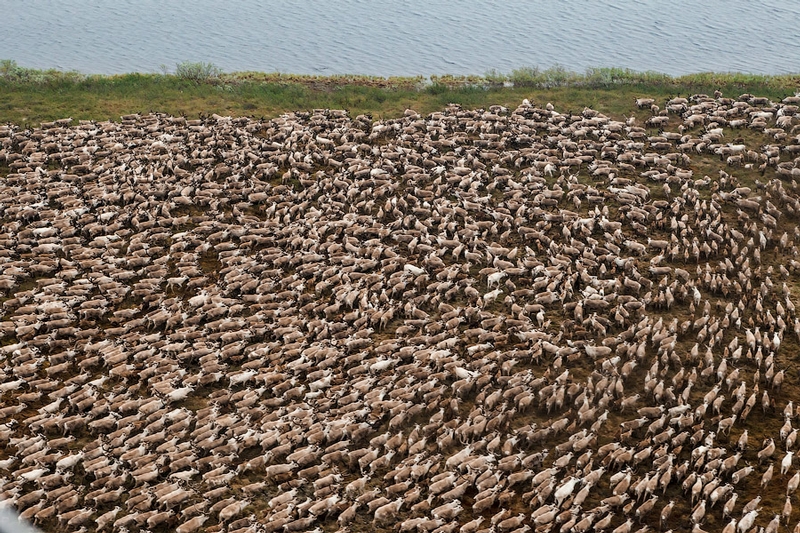We are pleased to present you one of the most relevant projects carried out in the scientific community about environment and climate in the tundra region. The TUNDRA project is supported by the Environment and Climate Programme of the European Commission, Climatology and Natural Hazards.

TUNDRA stands for Tundra Degradation in the Russian Arctic. It is a research project funded for a period of 3 years (1998-2000) by the IVth Framework 'Environment and Climate' Programme of the European Commission. TUNDRA studies the effects of Global Change in the East-European Russian Arctic. The magnitude of expected climatic changes and the fragility of the environment make the Arctic a priority area to study the effects of global change.

The main focus of TUNDRA is to assess feedback processes to the global climate system that originate in the Arctic. Emphasis is given to changes in greenhouse gas emissions to the atmosphere and in freshwater runoff to the Arctic Ocean taking into account Global Warming, industrial pollution and the public perception of environmental degradation. The project is interdisciplinary in nature and involves climatologists, soil scientists, ecologists, palaeoecologists, hydrologists, pollution specialists and social anthropologists from Denmark, Finland, Russia, the Netherlands and the United Kingdom.
Tundra project in the web


 The overarching goal of the research is to use remote-sensing technologies to examine how the terrain and anthropogenic factors of reindeer herding and resource development, combined with the climate variations on the Yamal Peninsula, affect the spatial and temporal patterns of vegetation change and how those changes are in turn affecting traditional herding by indigenous people of the region.
The overarching goal of the research is to use remote-sensing technologies to examine how the terrain and anthropogenic factors of reindeer herding and resource development, combined with the climate variations on the Yamal Peninsula, affect the spatial and temporal patterns of vegetation change and how those changes are in turn affecting traditional herding by indigenous people of the region.


